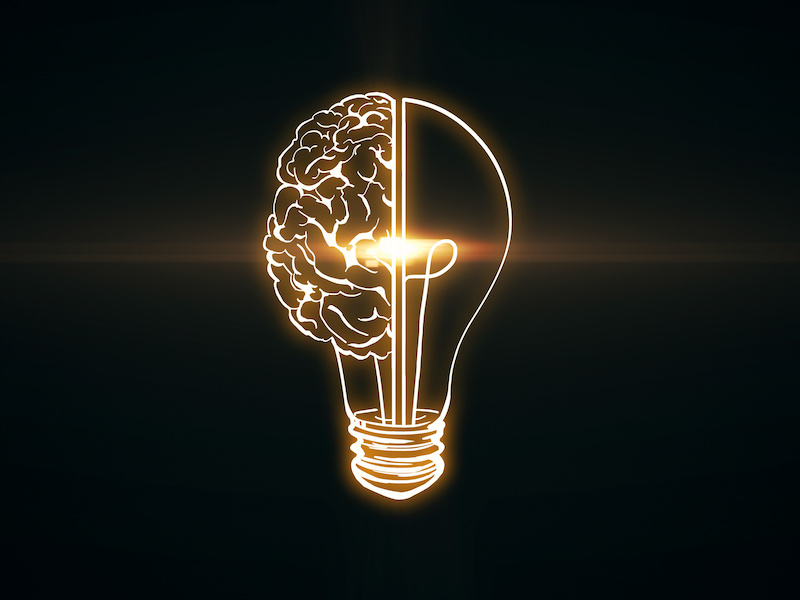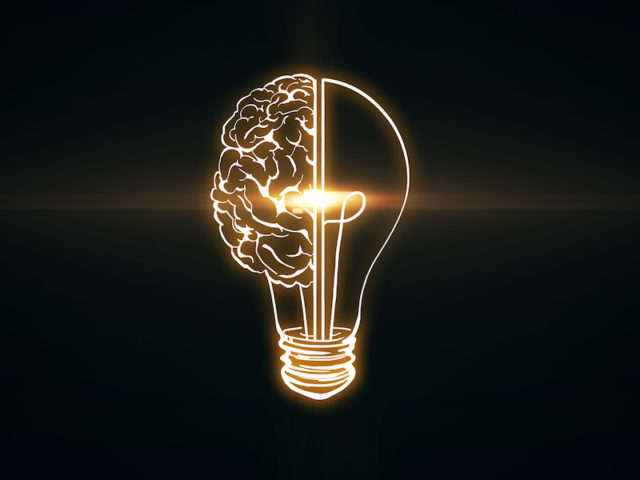Artificial intelligence is not the panacea for all that ails our energy sector. It is not going to solve the decarbonisation problem, it is not going to prevent all cyber-attacks and it is not a guarantee of safer working environments.
At the other end of the spectrum, AI is not about to render us unemployable, ruled by machines or part of the Matrix. The reality lies somewhere in between these parameters and completely outside them.
Related content:
Siemens Energy unveils new AI-driven cybersecurity service
US DoE announces $16 million funding for AI and machine learning…
New UK energy supplier using AI, digital workforce to disrupt industry
In the energy sector, artificial intelligence promises to deliver more benefit than risk, but its implementation and the full scope of its benefits are still fundamentally around its application. It’s not whether we apply AI, but where and how we choose to apply it that is therefore going to be important.
There are a number of areas to which AI could be applied to address some of our more immediate challenges. These include tracking emissions at industrial sites, cyber-attack detection and deterrence, energy efficiency, predictive maintenance, dynamic peak load adaptation and increasing operational effectiveness.
Yet at the same time, we have seen that the application of AI through autonomous vehicles, for example, is still subject to failure due to a lack of intuition which is unique to human beings. Researchers at the University of Delaware are trying to develop frameworks which account for uncertain, insufficient or corrupt data in AI modelling across a number of applications. These include “work in renewable energy, battery technology, climate change mitigation, drug discovery, astronomy, economics, physics, chemistry and biology, to name just a few examples.”
Bernard Marr – best-selling author, popular keynote speaker and futurist – is of the opinion that we are in the midst of an ‘Intelligence Revolution’ as opposed to another industrial revolution. I like the thought. Our engagement with the world around us is increasingly data-based. We have access to more data than ever before – and more computing power with which to make sense of it all.
My take away from all the reading I have done about AI just recently is that AI is part of a solution but not the solution. Data is part of a solution, but not the solution. Humans are part of a solution, but not the solution. A combination of all of the above… could that be the solution?
What do you think?
As always, we’d love to hear what you think. Contact us at editorial@smart-energy.com or visit our LinkedIn post to leave a comment.
Wishing you an (artificially) intelligent week!
Until next time
Claire
PS: Capgemini has today released a new report: How artificial intelligence can power your climate action strategy.



